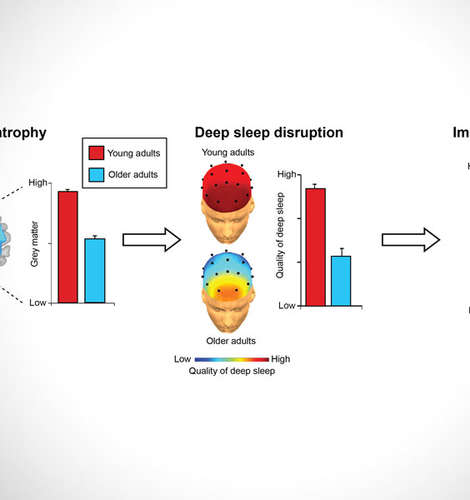Getting a good night’s sleep is thought to help people to remember events better. Evidence from young adults suggests that the amount of non- rapid eye movement sleep, or slow wave sleep, correlates with the degree of memory consolidation seen during sleep.
People are known to get worse at memory tasks with age, and aging is correlated with the deterioration of certain brain areas that are important in generating slow brain waves. In aging, frontal brain atrophy disrupts the generation of rhythms associated with deep sleep.
According to a study in Nature Neuroscience, decreased brain waves during sleep predict memory decline in older adults.
The study
In this study, researchers instructed healthy young and older adults to learn a set of words. They then tested subjects’ memory either immediately after learning the list or after a night of sleep. They found that the memories of older individuals were much worse than younger ones, and the older study participants also had varying degrees of brain matter loss in the medial prefrontal cortex (mPFC) – an area known to be important for slow wave generation during sleep.
The researchers report that age-related loss in mPFC grey matter predicts the loss of slow wave sleep in the older participants, and that this loss of slow wave sleep is, in turn, predictive of the age-related decline of memory retention.
They suggest that results of the study help explain why older people’s memories do not benefit as much from sleep as younger individuals.





